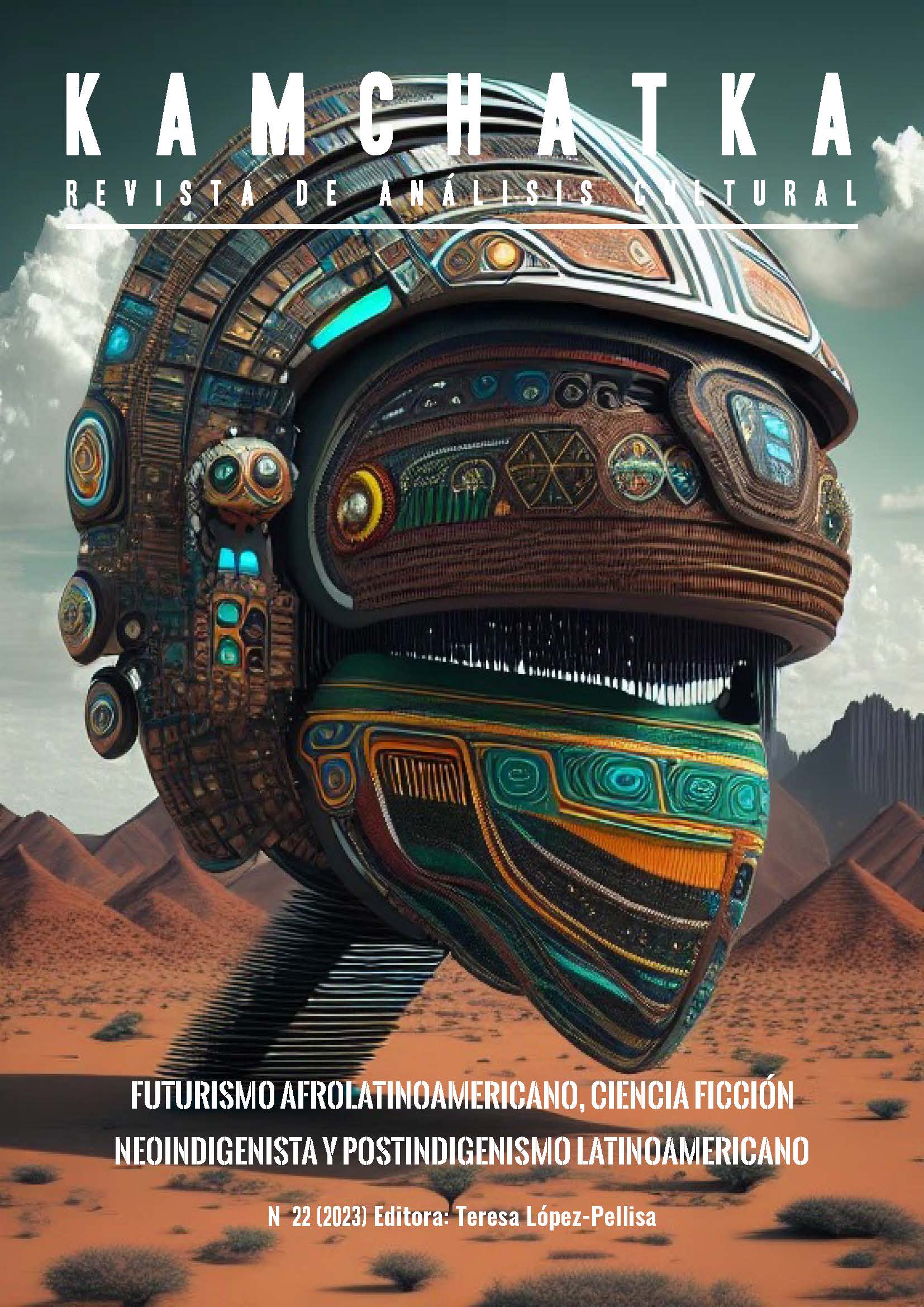Erotic Literary Fictions of Trans Memory in “La sonrisa vertical”
DOI:
https://doi.org/10.7203/KAM.22.26073Keywords:
Trans Characters, La sonrisa vertical, Spanish Transition, Leopoldo Azancot, Eduardo Mendicutti, Almudena Grandes, Irene González Frei, Abel Pohulanik Abstract
Abstract
The objective of this article is to take a tour of the representations of trans characters in the erotic collection “La sonrisa vertical”, created in 1977 and which since 1980 began to incorporate fictions that housed in their plots characters with heterodox sexualities that until then they had been ignored. Precisely, it is Leopoldo Azancot who initiated this inclusion with a trans character in Los amores prohibidos (1980); this work, more than with literary references, connects with two feature films that portrayed trans reality at the time of the Spanish Transition: Cambio de sexo, by Vicente Aranda and El transexual, by José Jara, both from 1977. Following this journey, At the end of the 80s we find two works that manage to create a very vivid depiction of the sexual minorities of the time: Siete contra Georgia (1987), by Eduardo Mendicutti, and Las edades de Lulú (1989), by Almudena Grandes. Finally, in the 1990s, the narratives of Irene González Frei, Tu nombre escrito en el agua (1995), and Abel Pohulanik, La cinta de Escher (1997), present a different perspective on gender transition by including more contemporary topics, such as AIDS and the influence of psychology and upbringing on gender identity.
 Downloads
Downloads
Downloads
Published
How to Cite
-
Abstract588
-
Artículo PDF (Español)315
Issue
Section
License
This journal provides an immediate free access to the content on the principle that freely make investigation available to the public, which promotes an increased global knowledge exchange.
Unless otherwise indicated, texts published in this journal are under the license Attribution-NonComercial 4.0 by Creative Commons. These texts may be copied, distributed and publicly communicated whenever the publication’s author and title are quoted and whenever they are not used for commercial purposes. In any case, intellectual property of the articles and its potential economic rights entirely belong to its authors.
The full license can be consulted on https://creativecommons.org/licenses/by-nc/4.0/. We encourage authors to disseminate papers published in Kamchatka. Journal of cultural analysis electronically, in institutional digital repository or in their websites.





